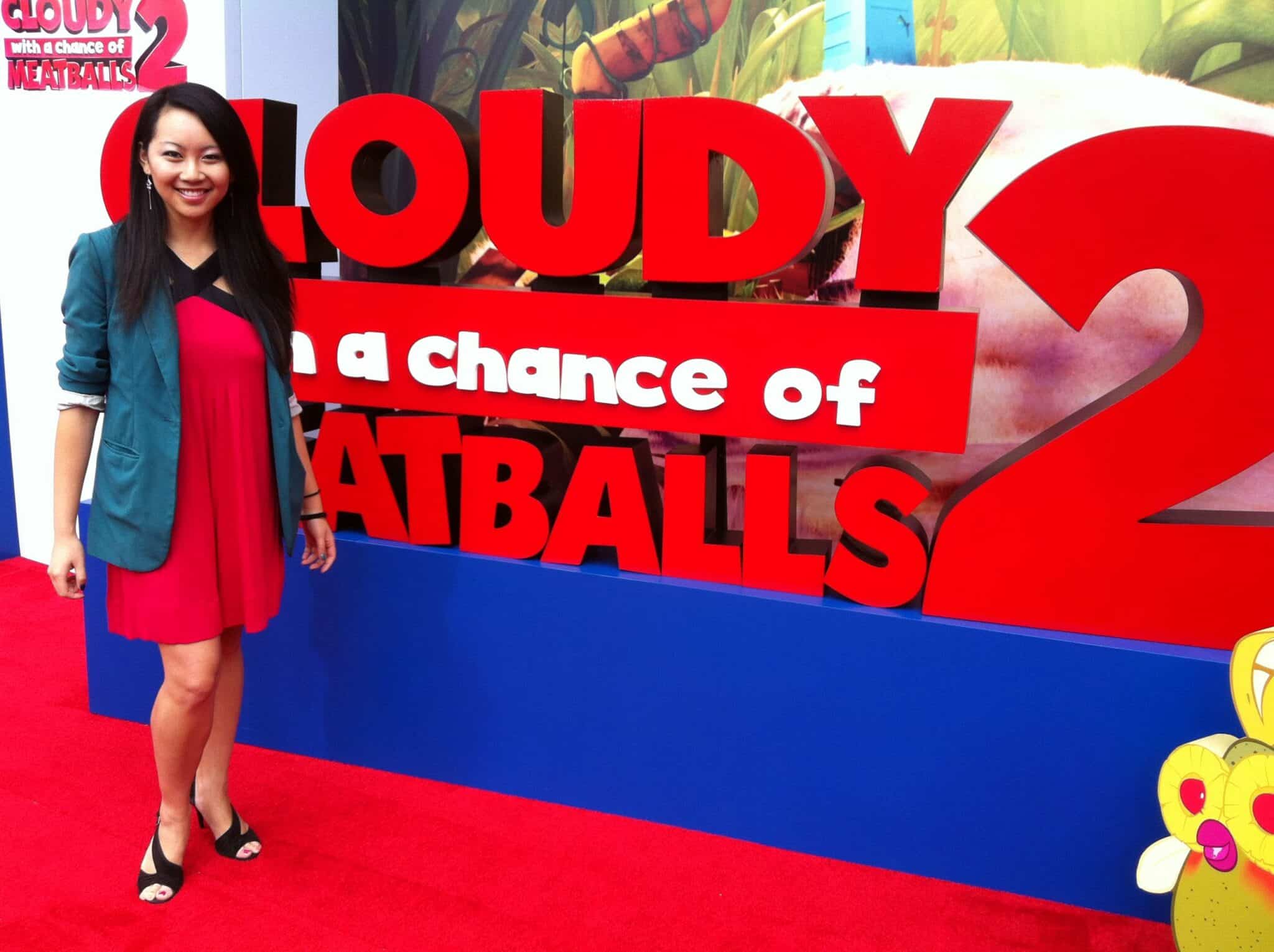Whenever people say that they’re aspiring actors in Los Angeles, it’s easy to feel unoriginal. Everyone, everywhere you turn around, seems to be an actor. The handsome server at your table for lunch, the cute cashier at the grocery store, and the familiar-looking guy from all the commercials who just so happens to be driving your Uberx rideshare.
It’s funny, though, because usually when I go home to see my family in San Francisco or talk to my friends from school, they always wonder what it’s like to be an actor. The idea to them is still novel.
“So…what do you do exactly?”
They’re used to their office jobs, their steady schedules of clocking in and out of their cubicles, their Outlook emails and calendars.
For actors, though, we live and breathe with our phones next to us 24/7.
Rule #1: Always keep your phone on you.
My phone is my bridge of communication with my agent, my manager, the casting director, and the producer for potential new projects. There are two ways that I get submitted into consideration for roles that fit me for commercials, web spots, television shows, or feature films.
The first way entails my agent or manager submitting my headshot and resume electronically to the casting director. Casting then sees my materials and decides whether or not to invite me in for the casting session so they can audition me in person. If they do want to give me an audition, they have to contact my rep, my agent or manager — whoever submitted me for the project.
Once they contact my rep, my rep contacts me and bingo! That’s why I’m attached to the hip with my phone.
I receive a text and email about the project and the casting details and I have to confirm whether or not I can make it via text and email. (Rule #2: Always make it.)
The second way that I get submitted for projects involves my own inclination towards being proactive. I’ve signed up for a number of different accounts for web sites in Los Angeles, San Francisco, and New York, that post up casting calls for projects. I know that most of these projects that come across are usually non-union, lower-budget-type projects, but I’m incredibly excited to meet budding producers and directors who are just as happy, hard-working, and hungry for more work as I am as a performer.
I go through the process of submitting my headshot and resume and even pitch myself, writing a few sentences about my previous experiences that pertain to the particular project. This part is always exciting because I can submit myself to anything that I think looks eclectic and enjoyable — from a music video for a new dance electronica band to a web spot for a new cell phone bracelet prototype.
When I started acting full-time, I would take my phone into the shower with me. The reason why this is, is primarily because my agents take timeliness very seriously. If you don’t confirm an audition within an hour, they cancel it. With this rule, they’re known for having the quickest responses back to casting directors.
Rule #3: Always be nice to casting.
It’s important to take the audition seriously when you get it, but you should also consider how many future projects the casting director might eventually work on, too. Any impression that you make in the room is one that will most likely have posterity. Many acting workshop coaches emphasize the importance of “winning the room.” What this means is, you don’t necessarily have to win the role after the audition, but you want to make an outstanding impression on the casting directors present to win them over and increase your chances of getting called back next time.
Rule #4: Always believe in you.
That’s right.
Whenever I walk into an audition, there are a ton of people who might look a little similar to me. Especially if the role is for “Asian girl at tech conference” or “nerdy Asian college student.” I’ll sit there in the waiting room, next to a bunch of young-looking Asian girls who are all sporting identical large black framed-glasses or pigtail braids (yes, Rule #5: always dress for the part. Even if casting tells you to come in with pigtail braids).
And I tell myself that no one can bring into the room what I can bring. No one has the collective sum of my life experiences, my unique energy, or my capabilities.
That brings me to Rule #6: Always have fun.
I always remember why I’m in the business, why I’ve opted to take on this eccentric life of running around constantly, being in two places at once, changing into wardrobe pre-audition in public bathroom stalls, embodying different characters, making the most out of the words on script pages in front of me.
It’s because I want to create these characters, these worlds, these stories. I want to escape into imagination and thrive on creativity. Overall, I want to make something that has an impact on an audience, whether it entertains or inspires, motivates or moves.
If it’s not fun, then it’s work. And if it’s fun, I never have to work a day in my life.


